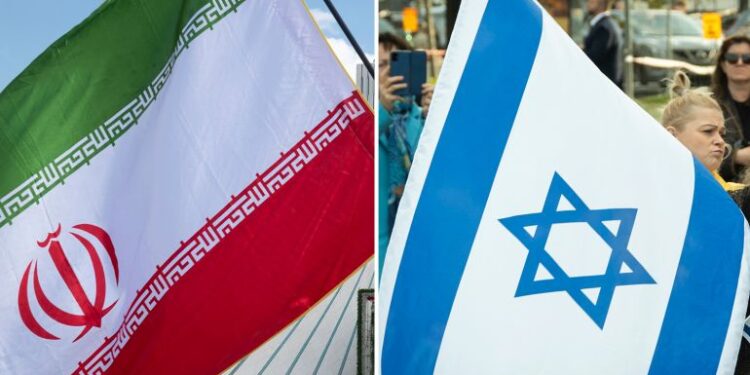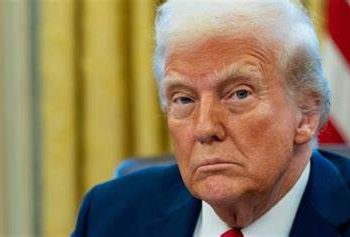A fragile ceasefire between Israel and Iran collapsed within hours of its announcement, with both sides trading accusations of violations as the conflict that has gripped the Middle East for nearly two weeks showed no signs of abating.
President Donald Trump’s triumphant announcement Monday evening of what he called a “complete and total” ceasefire between the warring nations quickly unraveled as Israeli officials reported new missile launches from Iran early Tuesday morning, prompting immediate retaliation from the Israel Defense Forces.
The ceasefire, which Trump had positioned as validation of his aggressive military strategy, was supposed to take effect at 4:00 AM GMT Tuesday. However, within hours of the deadline, Israeli military officials detected missile launches from Iranian territory, leading to urgent public shelter warnings across Israel and accusations of ceasefire violations.
“Israel warned its public to take shelter after detecting missile launches from Iran early Tuesday,” according to reports from the scene. The Israeli military later confirmed that missiles fired from Iran had killed at least four people in Beersheba, marking a deadly escalation that effectively ended the brief truce.
Iran swiftly denied the accusations, with its armed forces general staff rejecting claims of any recent missile launches toward Israel. The denials came as Iranian Foreign Minister Abbas Araghchi maintained his country’s position that no formal ceasefire agreement had been reached, contradicting Trump’s earlier announcement.
The collapse of the ceasefire represents a significant diplomatic setback for the Trump administration, which had hoped to leverage the truce as evidence of successful American intervention in the region. The president had described the deal as ending what he termed a “12-day war” and expressed hopes it would become permanent.
Israeli Prime Minister Benjamin Netanyahu, who had initially endorsed the ceasefire in coordination with Trump, responded to the alleged violations with characteristic force. “Israel will respond forcefully to any violation of the ceasefire,” Netanyahu declared, before ordering what Israeli officials described as “intense strikes” on Tehran in retaliation for the morning’s missile attacks.
The rapid deterioration of the ceasefire underscored the deep mistrust between the two regional powers and the challenges facing international mediators attempting to broker peace. The conflict, which began June 13 with Israeli airstrikes on Iranian nuclear facilities, has drawn in the United States directly after Trump ordered attacks on three Iranian nuclear sites over the weekend.
Casualty figures continue to mount as the violence escalates. Iranian sources report more than 400 deaths, including at least 13 children, with over 3,000 wounded since hostilities began. Israeli officials have confirmed at least 28 deaths from Iranian strikes, with the toll rising following Tuesday’s Beersheba attack.
The breakdown of diplomatic efforts has raised fresh concerns among international observers about the potential for wider regional conflict. Trump’s direct military involvement, including strikes on Iranian nuclear facilities at Fordow, Natanz, and Isfahan, has fundamentally altered the dynamics of the conflict and prompted warnings from global powers about the risks of escalation.
The ceasefire’s failure also highlights the complex mechanics of Trump’s proposed agreement, which reportedly included a phased implementation designed to address Israeli concerns about Iranian compliance. Under the arrangement, Iran was to cease hostilities for 12 hours before Israel would follow suit for another 12 hours, but the staggered approach failed to prevent the rapid deterioration of the truce.
European leaders and other international actors have expressed growing alarm at the escalation, particularly given the involvement of nuclear facilities and the potential for broader regional implications. The collapse of the ceasefire leaves diplomatic channels severely constrained as both sides prepare for continued military action.
As markets responded nervously to the renewed hostilities, oil prices fluctuated amid concerns about potential disruptions to global energy supplies. The strategic importance of the region’s energy infrastructure has added another dimension to international concerns about the conflict’s potential economic impact.
With the ceasefire now in ruins and both sides preparing for continued military operations, the international community faces the challenge of preventing a broader regional war while managing the humanitarian crisis affecting thousands of displaced civilians in both Iran and Israel. The failure of Trump’s diplomatic initiative has left few remaining options for peaceful resolution of the crisis.


















